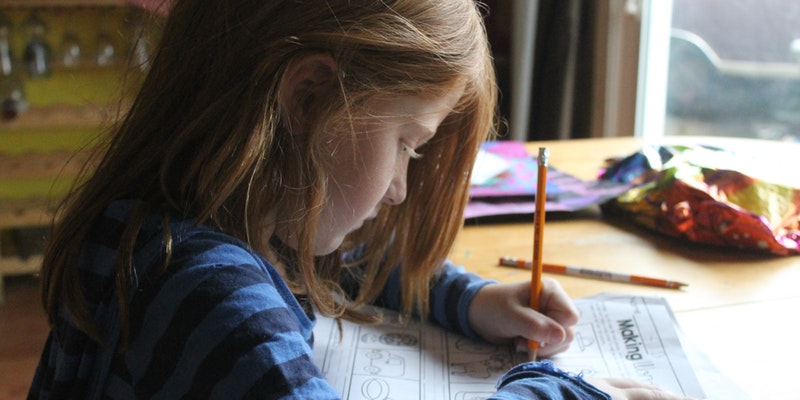
The question that is asked time and time again; how much time should be spent on homework? Very troubling for parents as we try to strike that balance between the amount of time and the quality of the time spent on the task.
It is also a challenge for us, as we try to support our child without actually ‘taking over’ the task!
So why give homework at all? Isn’t the work they do in school enough to sustain them until they meet (their teachers) again...?
The aim of giving a child homework is to help back up what has been learnt in the classroom and to determine whether the child is capable of understanding (or is understanding) what has been taught to him/her in class.
Homework also helps to boost the child’s own independent learning skills by encouraging them to learn on their own, as opposed to relying on the teacher to set work for them in class.
Let’s not also forget that setting homework for your child is a way for you (the parent) to keep in touch with the work your child is doing in school.
So a number of good justifications in there
So now we know the WHY....the next question would be the HOW and this could be 2-stepped, as we would like to know:
There have been suggestions and recommendations by different bodies and associations regarding the 2 HOW’s - from recommended study durations for the different year/age groups:
E.G.
Primary School
If your child attends primary school, you should be looking at between 30 mins to 2 and half hours worth of homework to be produced during the week, broken down as follows:
Years 1-2 @ 60 minutes / week
Years 3-4 @ 90 minutes / week
Years 5–6 @ 30 minutes / day
And you can expect more, for those in secondary school.
The above should be used as a guideline, but the bottom line is, other factors will come into play on any given day so timeframes will vary. As a parent, you know your child best and you would have to create the optimum environment/situation for your child to study in. This could include:
Your child might generally need more time or perhaps at certain times – if the topic is slightly more challenging, or your child isn’t that much motivated on any given day. If you feel your child needs more time or is struggling with the workload, speak to his/her teacher and see what plan you both can come up with.
So, the guidelines are in place but will need to be further tweaked (and monitored) by you – the parent. Always best to include your child in the arrangement so it works out well for all.